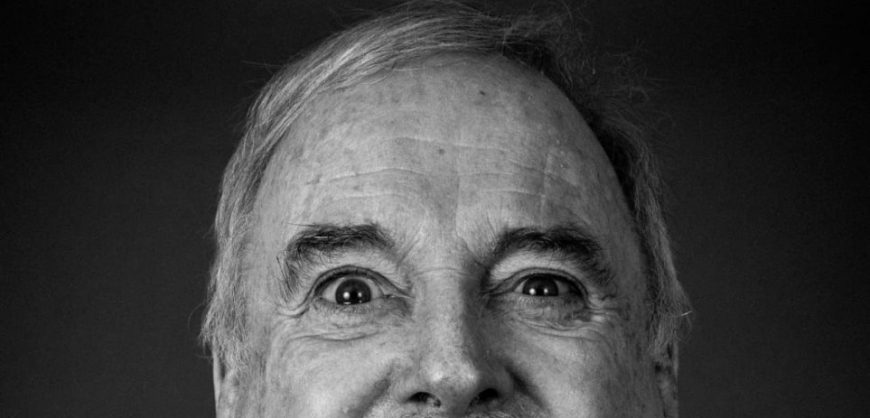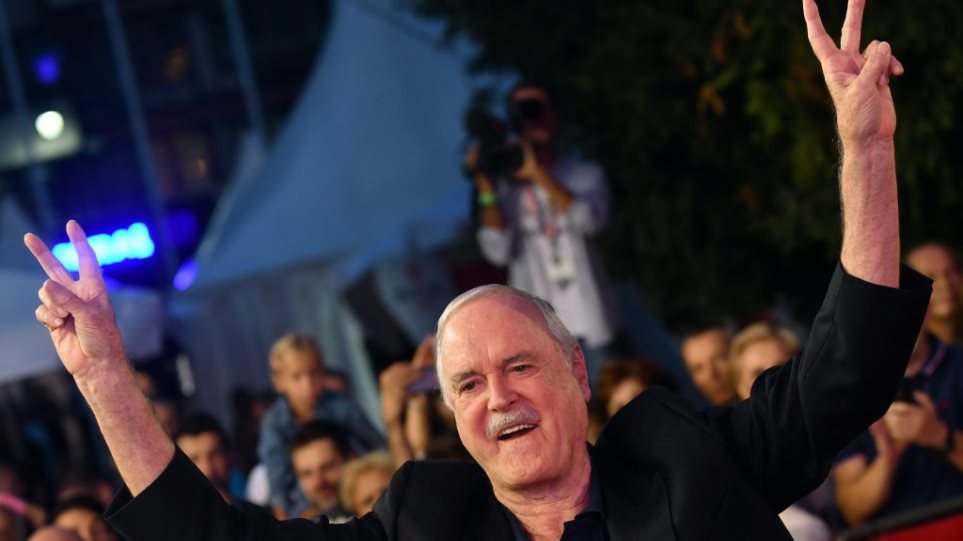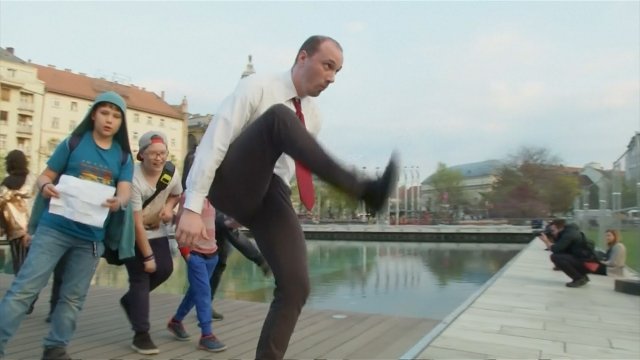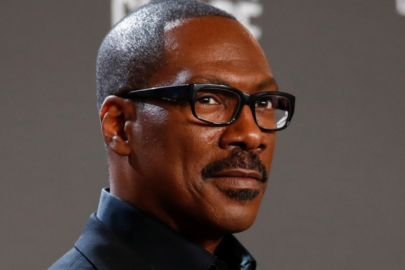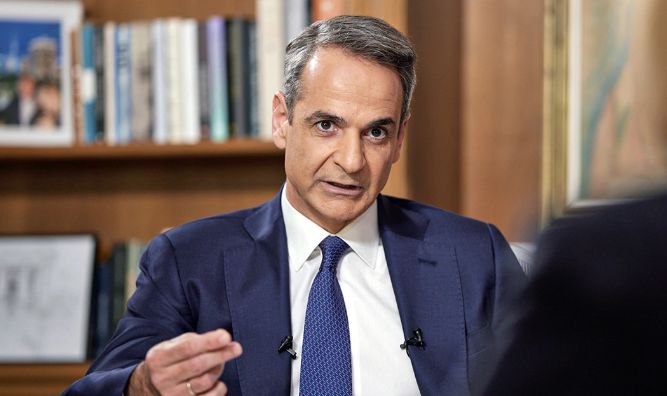John Cleese has launched another attack against the “cancel culture”, and argued that people are missing the bigger picture when it comes to entertainment.
The actor spoke to 60 Minutes Australia for an interview where he accused “the PC people” of thinking that “if you make a joke, or tease someone, you are degrading or humiliating them”.
“This is a complete misunderstanding”, he said.
Cleese also addressed the removal of an episode of his TV series, Fawlty Towers, over the use of racial slurs.
In the episode, titled “The Germans”, Cleese’s hotel manager character Basil Fawlty ends up in a discussion with guest Major Gowen, which involves slurs about West Indians.
The episode was reinstated after a public backlash involving Cleese himself. However, Cleese has now said he believes the moment highlighted an ongoing issue surrounding political correctness.
“They completely missed the point”, he said. “It was a stupid decision in the first place. It was as though they thought that if you put certain words in people’s mouths, that meant it had to be true”.
The Greek Armed Forces on high alert (photos)
Coronavirus Greece: “Explosion” of new cases – 667 in one day, 250 in Athens, 125 in Thessaloniki
He added: “Comedy‘s not about perfect people. It’s about all of our imperfections and it’s not about things going right. It’s all about things going wrong. It’s this pathetic idea that people can’t stand up for themselves and can’t hear different opinions. It seems to me extraordinarily condescending”.
In August this year, a number of writers and academics signed an open letter against cancel culture, in which they condemned the “intolerant climate” for free speech.
Among the signatories were authors Salman Rushdie, Margaret Atwood and JK Rowling.
While the letter never mentioned cancel culture directly, it was interpreted as an attack on the recent phenomenon, often described as an extension of online shaming.
Source: yahoo

